
views
Sri Lanka was rocked Sunday by a series of deadly blasts that killed more than 200 people and injured hundreds more. Here is what we know so far about one of the deadliest attacks in the island nation's history:What Happened?
Powerful explosions struck in quick succession at three hotels in the capital Colombo. The Cinnamon Grand was hit at around 8:30 am (0300 GMT), and the high-end Shangri-La soon after at 9:05 am.
Three churches were also targeted in that wave of blasts: Colombo's historic St Anthony's Shrine, the St Sebastian's church in the town of Negombo — north of the capital — and the Zion Church in the east-coast town of Batticaloa.
Hours later, there were two more blasts — one of them at another Colombo hotel. At least two of the eight were carried out by suicide bombers, according to police sources and a hotel official.Who Were the Victims?
The blasts hit the churches when they were full of worshippers gathered for Easter services. An AFP photographer saw bodies and debris lying on the floor at St Anthony's. By Sunday evening, Sri Lanka's local news agencies said that the toll stood at 218 dead and 452 people were injured.
Police said 35 foreigners were among the dead, including British, Dutch, Portuguese, Chinese and American citizens, with the US and Britain later confirming their nationals were killed. Hospital sources also said British, Dutch and American citizens were among those killed, with Britons and Japanese also injured.
According to sources, nine foreign nationals are still missing.
Min of Foreign Affairs, Sri Lanka: 9 foreigners reported missing. 25 unidentified bodies believed to be of foreigners,are at Colombo Judicial Medical Officer's mortuary. Emergency hotline to assist families of affected foreign nationals will be operational 24 hrs at +94 112323015? ANI (@ANI) April 21, 2019
Foreign Minister Sushma Swaraj added three Indians were killed.
A Portuguese man also died, according to the Iberian nation's LUSA news agency. Two Chinese nationals were injured, the country's embassy in Sri Lanka said, according to Beijing's official Xinhua news agency.Who Did It?
There was no immediate claim of responsibility, and Prime Minister Ranil Wickremesinghe declined to identify any suspected perpetrators. However, according to intelligence report, National Thowheed Jama'ath of Sri Lanka is behind the blasts.
At least 13 people have been arrested in connection with the attacks, police said, and investigators would look into whether the attackers had "overseas links". Of the 13, 10 suspects have been handed over to the CID.
The island nation has suffered deadly militant attacks for years, especially by ethnic Tamil militants during a decades-long civil war that ended in 2009 when Sri Lankan forces crushed the insurgency.
In recent years, there have been clashes between the majority Sinhalese Buddhist community and minority Muslims, and in March last year the government imposed a 12-day state of emergency to quell anti-Muslim riots.
Christian groups have also complained of increased harassment from hardline Buddhist groups.
And, according to documents seen by AFP, the country's police chief warned top officers 10 days ago of possible suicide bomb attacks on churches and the Indian high commission by the National Thowheeth Jama'ath (NTJ), a radical Muslim group in Sri Lanka. He cited reports by a "foreign intelligence agency", according to the documents.How Did Sri Lanka React?
Wickremesinghe urged people to "hold our unity as Sri Lankans" and pledged to "wipe out this menace once and for all."
The Archbishop of Colombo, Malcolm Ranjith, described the attackers as "animals" and called on authorities to "punish them mercilessly".
The government beefed up security and imposed an immediate and indefinite curfew across the country. It also put in place a "temporary" ban on social media platforms "in order to prevent incorrect and wrong information being spread".
SriLankan Airlines issues notice for passengers travelling during curfew, following the series of explosions that occurred in the Sri Lanka on 21st April. The curfew has been imposed till 6 am on 22nd April. pic.twitter.com/ZQMlZagVKg? ANI (@ANI) April 21, 2019
Embassies in Sri Lanka have warned their citizens to shelter in place.How Far Has the Probe Reached?
The police have also found a house where several suspects alleged to have been staying at Sarikkamulla in Panadura North. A van allegedly used to transport suspects and explosives to Colombo was taken into custody with its driver in Wellawatte on Sunday evening.
Late at night, an improvised explosive device (IED) was found in close proximity to Bandaranaike International Airport. Sri Lanka's Air Force spokesperson said that the device was successfully diffused. However, security was stepped up near Colombo international airport, leading to heavy traffic.
Meanwhile, Sri Lanka president Maithripala Sirisena has appointed a Special Investigation Committee to look into the causes and consequences of the attack.












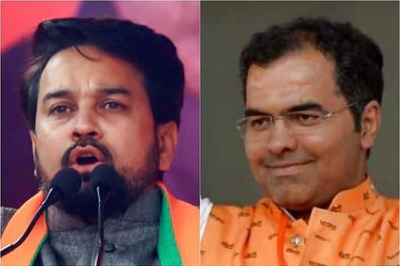

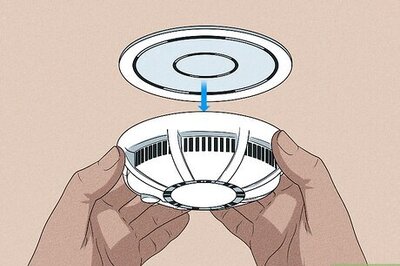
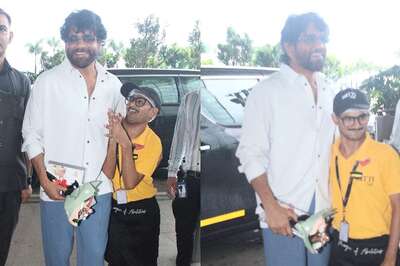
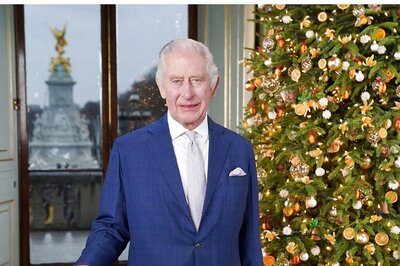
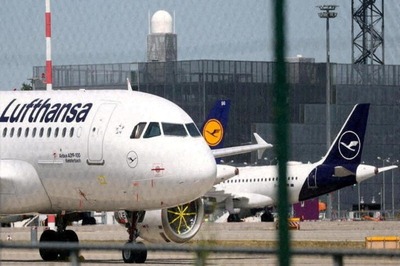

Comments
0 comment